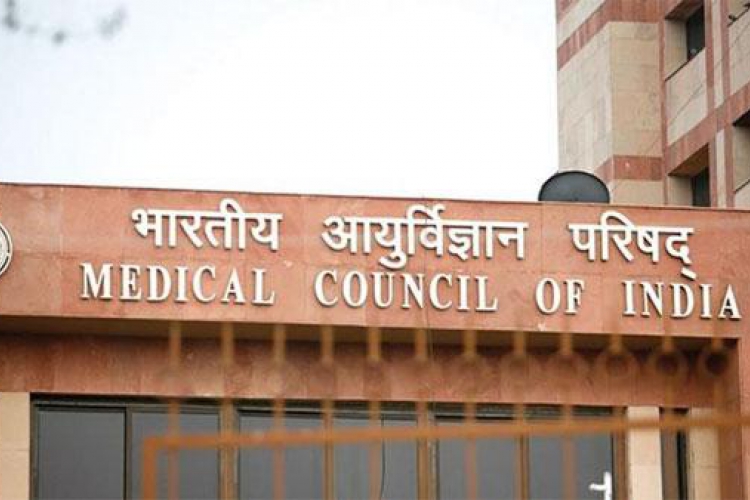Bill to replace Medical Council of India
National Medical Commission Bill now needs Parliament approval
The Union Cabinet has cleared the National Medical Commission Bill, which does away with the Medical Council of India (MCI) and replaces it with a regulator that will do away with “heavy handed regulatory control” over medical institutions and will also bring in a national licentiate examination, according to sources privy to the passage of the Bill.
Among its key provisions is to ease the processes for colleges to manage undergraduate and postgraduate courses. Earlier, the MCI approval was needed for establishing, renewing, recognising and increasing seats in a UG course. Under the new proposal, permissions need only be sought for establishment and recognition.
While separate permission would be required for starting a postgraduate course after UG recognition, colleges could start PG courses on their own.
25-Member body
The Bill proposes a government-nominated chairman and members, who will be selected by a committee under the Cabinet Secretary. The 25-member NMC will have 12 ex-officio members, including four presidents of boards from leading medical institutions such as AIIMS and the ICMR; 11 part-time members and, a chairman and member-secretary.
The NMC also aims to be less draconian. Deterrence for non-compliance with maintenance of standards is in terms of monetary penalty — ranging up to 10 times the annual tuition fee — rather than the existing system of not renewing permissions in case of serious infractions. The new commission will also have the power to frame guidelines for fees for up to 40% seats in private colleges and deemed universities.
The Bill is aimed at bringing reforms in the medical education sector which has been under scrutiny for corruption and unethical practices


 IAS -2025 Prelims Combined Mains Batch - III Starts - 14-04-2024
IAS -2025 Prelims Combined Mains Batch - III Starts - 14-04-2024